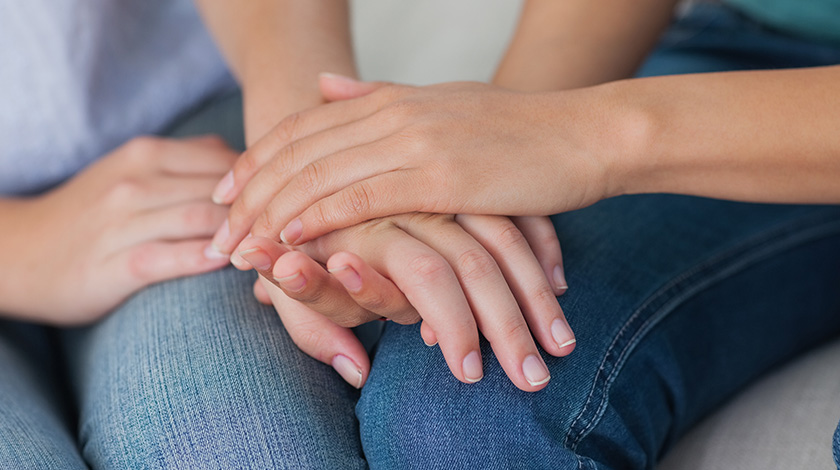No one is 100% happy 100% of the time. No matter how cheery and optimistic you normally are, there will inevitably be times in your life where you’re feeling upset, discouraged or sad. Merely feeling low isn’t the same as having depression. The question is, how can you tell the difference?
Causes of Depression
As far as illnesses go, depression is as complex as they come. The causes of depression are complex and multifarious.
- For some sufferers, depression is triggered by a stressful or traumatic event, such as the loss of a loved one, a car accident, losing your job or the end of a romantic relationship. 1
- In other cases, it’s impossible to point to any one event as the cause of the patient’s depression. It may be a culmination of micro-stresses in the patient’s life, or a result of a chemical imbalance in the brain. 2
Symptoms of Depression
When you’re merely feeling sad, it’s usually possible to “snap out of it” and perk yourself up by pouring your heart out to a friend, doing an activity you enjoy, or just putting some time and space between yourself and the triggerring event.
Depression isn’t the same. Depression is associated with negative emotions and lowered energy levels over a sustained period of time, and it’s not a state you can just “snap out of.” If you have experienced four or more of the following symptoms on a daily or near-daily basis for 14 days or more, you should consider seeking professional counselling or medical counsel. 3
- Constant feelings of hopelessness and helpnessness
- Reduced self-esteem accompanied by feelings of self-blame and uselessness
- Irrational guilt
- Lower energy levels
- Reduced motivation
- Lower attention spans
- Dramatic changes in appetite
- Reduced interest in former hobbies and interests
- Disrupted sleep patterns
Dealing with Depression

Many who are struggling with depression are reluctant to seek help for fear of appearing “weak”. But depression is a medical condition just like any other — it can be diagnosed and treated. A depressed patient seeking professional help is no “weaker” than a person with the flu going to their general practitioner (GP.) Remember that by seeking help, you’re choosing to take control of your situation and open up about your vulnerabilities to other people. That takes admirable courage.
The first step should be to speak with a friend or family member. Recovering from depression is easier when your loved ones know and understand what you’re going through and lend you their full support.
Next, make an appointment with your GP. Your GP will be able to recommend further action, whether it’s a course of antidepressants or an appointment with a specialist.
Depression sometimes leads to thoughts of self-harm or, in more extreme cases, suicide. If you ever experience such thoughts, don’t suffer in silence. Speak out right away, before you do anything you regret.
Resources
- Exercise and mental health. Mental Health Foundation. Visited December 2014.
- Depression. Mental Health Foundation. Visited December 2014.
- What is depression? Depression Alliance. Visited December 2014.

